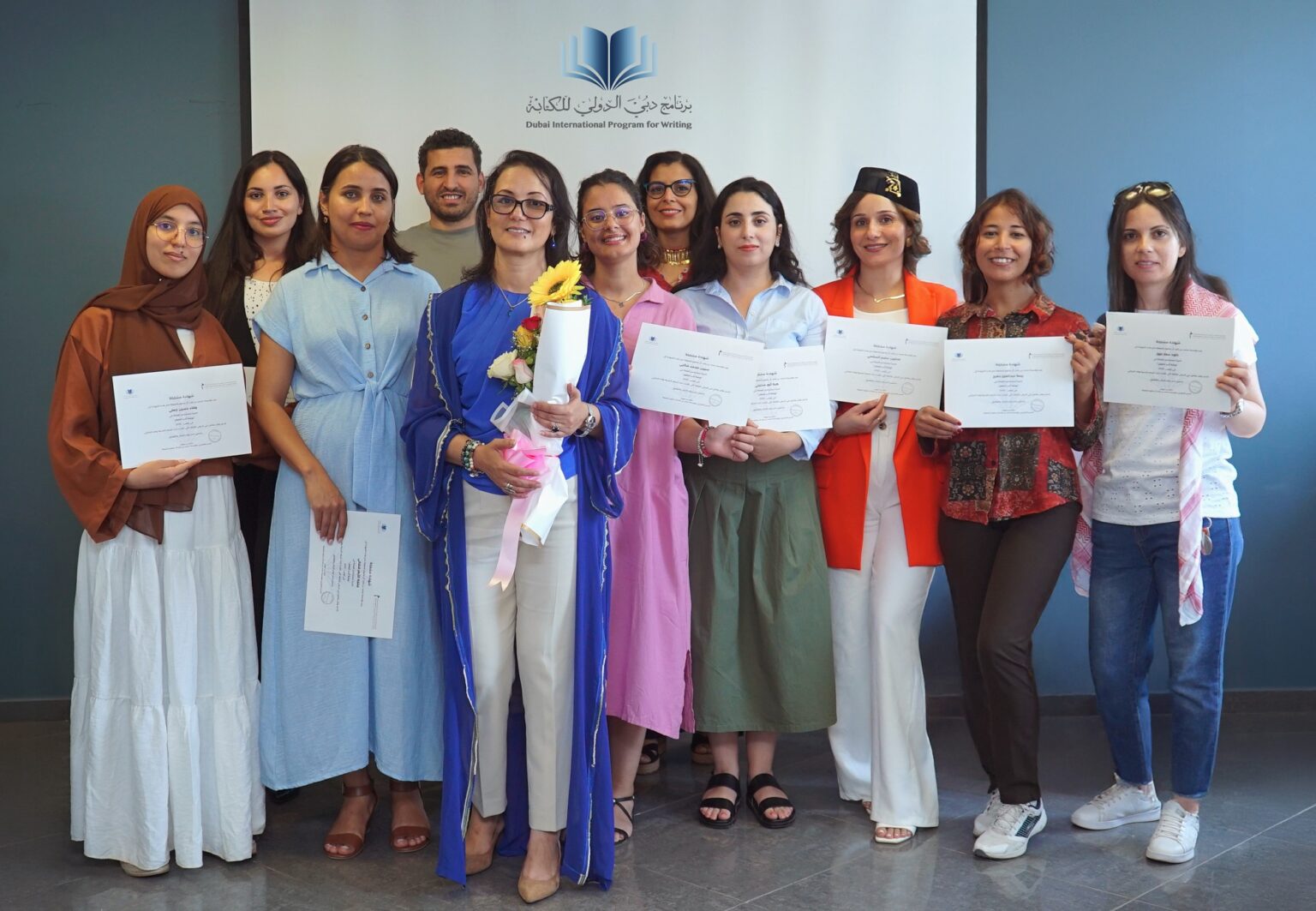The Mohammed bin Rashid Al Maktoum Knowledge Foundation (MBRF) has successfully concluded the ‘Children’s Literature Workshop’ as part of its flagship initiative, the Dubai International Programme for Writing (DIPW). Conducted over four months in Tunis, Tunisia’s capital, the workshop was led by renowned academic Dr Wafa Thabet Mezghani.
The initiative drew enthusiastic participation from individuals passionate about children’s literature. Attendees engaged in interactive training sessions that focused on creative brainstorming, constructive feedback, and manuscript evaluation. With guidance from a team of professionals, participants developed their initial ideas into fully realised children’s stories ready for publication.
His Excellency Jamal Bin Huwaireb, CEO of MBRF, said, “The initiatives of DIPW reflect the Foundation’s core mission of supporting intellectual and creative growth across the Arab world. The ‘Children’s Literature Workshop’ demonstrates our strong belief in the value of investing in emerging talent and equipping them with the skills necessary to excel in specialised writing. Such efforts are vital to building knowledge-driven Arab societies that are ready to meet future demands. We remain committed to developing innovative programmes that empower youth and make a meaningful contribution to both the local and global literary and knowledge landscape.”
The programme comprised four in-person sessions, each spanning over three days and combining theoretical learning with practical writing exercises. Open to writers at all levels, the sessions explored the evolution of children’s literature—particularly Arabic contributions—alongside themes such as genre, age-appropriate content, and pre-writing strategies. Participants also examined storytelling techniques, including plot, character development, perspective, and narrative structure, and received expert advice on editing, cover design, branding, and book marketing.
This marks the second time the workshop has been held in Tunisia, and the third across North Africa. The format also incorporated remote mentorship, where trainers reviewed drafts and advised on self-editing techniques. This blended approach ensured consistent support and helped participants polish their stories to meet international publishing standards.

